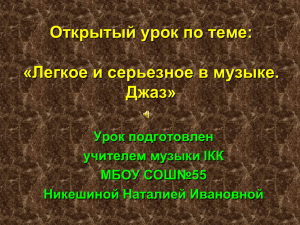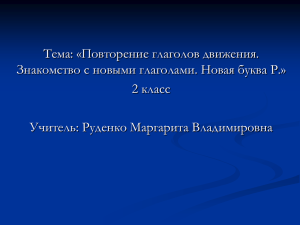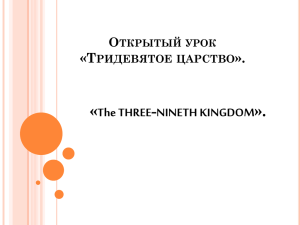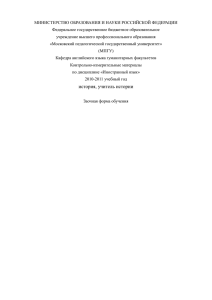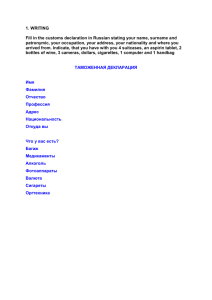"The Importance of Being Earnest" (Д. Котенкова, 2015)
реклама
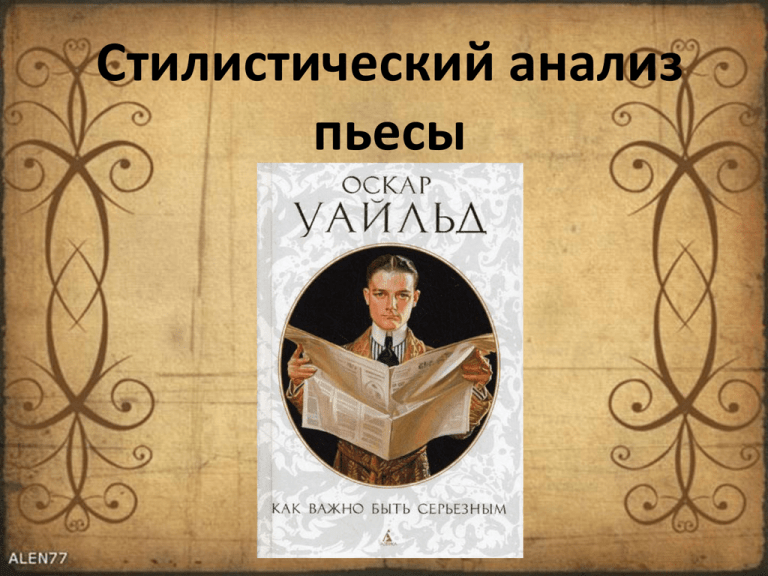
Стилистический анализ пьесы Стилистические средства Парадоксы и эпиграммы • Divorces are made in Heaven. • It is awfully hard work doing nothing. • To lose one parent, Mr. Worthing, may be regarded as a misfortune; to lose both looks like carelessness. Каламбур • You look as if your name were Ernest. You are the most earnest-looking person I ever saw in my life. • It is simply washing one's clean linen in public. Эпитет • Cecily, ever since I first looked upon your wonderful and incomparable beauty, I have dared to love you wildly, passionately, devotedly, hopelessly. Метафора • Gwendolen is devoted to bread and butter. • Memory, my dear Cecily, is the diary that we all carry about with us. • This is no time for wearing the shallow mask of manners. • We live, I regret to say, in an age of surfaces. Сравнение • All women become like their mothers. • You are like a pink rose, cousin Cecily. • My dear Algy, you talk exactly as if you were a dentist. Синтаксические средства Повторение • You have always told me it was Ernest. I have introduced you to every one as Ernest. You answer to the name of Ernest. You look as if your name were Ernest. Параллельная конструкция • Why all these cups? Why cucumber sandwiches? Why such reckless extravagance in one so young? Who is coming to tea? Эллипс • “Jack: Dead! Chasuble: Your brother Ernest dead? Jack: Quite dead.” Авторские неологизмы • «Bunburying» символизирует двуличие, двойную жизнь. • «Womanthrope» означает негативное отношение к женщинам. Выводы: • В пьесе использовано большое количество выразительных средств, но благодаря языковому чутью автора не возникает ощущения перегруза. • Из всего многообразия стилистических приемов наиболее яркими являются парадоксы и метафоры. К последним автор обращается наиболее часто. Что касается парадоксов, то можно сказать, что они – своеобразная «визитная карточка» пьесы. Кроме того, важное значение (как художественное, так и смысловое) имеют придуманные автором неологизмы. Котенкова Дарья группа 404 2015


